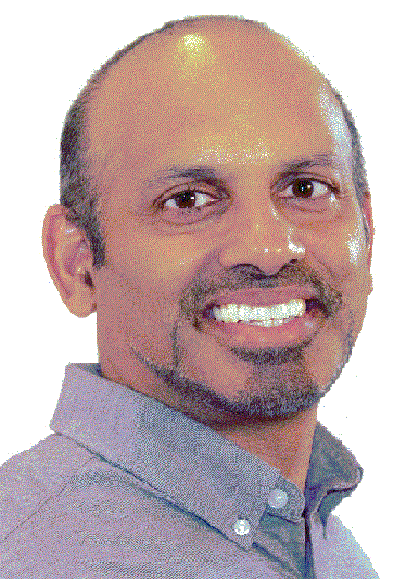Technological Advancements in Smart HVAC Control
Technological Advancements in Smart HVAC Control
Technological Advancements in Smart HVAC Control span four major areas, Energy Saving Systems, Smart HVAC Systems, Mobile Device Control and Advanced Analytics. New smart devices are being used to analyze environmental conditions for occupancy and high precision temperature control. Fast-acting control systems provide the exact heating and cooling necessary resulting in significant energy savings and increased occupant comfort. Most homes are now equipped with at least one smart device, HVAC systems and thermostats will soon be connected to a central hub made from one of these devices. It is important that HVAC devices are designed to be interoperable with these systems, this can be achieved by using standard hardware interfaces as well as industry accepted IoT protocols. Potential applications that can emerge from a device equipped with these interfaces will be explored. Smart IoT devices synchronize data with cloud services allowing users to receive reports and analysis on how their system is performing and how it can be improved. This also allows HVAC providers to track consumer engagements, purchases and remotely detect potential faults or failures. Additionally, aggregate data can be analyzed and published to allow communities to track and achieve green initiatives.
Date and Time
Location
Hosts
Registration
-
 Add Event to Calendar
Add Event to Calendar
Loading virtual attendance info...
Speakers
 Gamal of Delta Controls Inc.
Gamal of Delta Controls Inc.
Technological Advancements in Smart Building Controls
Technological Advancements in Smart HVAC Control span four major areas, Energy Saving Systems, Smart HVAC Systems, Mobile Device Control and Advanced Analytics. New smart devices are being used to analyze environmental conditions for occupancy and high precision temperature control. Fast-acting control systems provide the exact heating and cooling necessary resulting in significant energy savings and increased occupant comfort. Most homes are now equipped with at least one smart device, HVAC systems and thermostats will soon be connected to a central hub made from one of these devices. It is important that HVAC devices are designed to be interoperable with these systems, this can be achieved by using standard hardware interfaces as well as industry accepted IoT protocols. Potential applications that can emerge from a device equipped with these interfaces will be explored. Smart IoT devices synchronize data with cloud services allowing users to receive reports and analysis on how their system is performing and how it can be improved. This also allows HVAC providers to track consumer engagements, purchases and remotely detect potential faults or failures. Additionally, aggregate data can be analyzed and published to allow communities to track and achieve green initiatives.
Biography:
Gamal managed the business growth and technical development of electronic products from conceptualization and research through engineering and into high volume manufacturing in both small and large organizations.
Design Engineering and Electronic Manufacturing
• Lead electrical engineer for wireless data acquisition system used for building monitoring systems.
• Project leader and firmware developer for fiber optic cable monitoring systems.
• Experienced with the entire design and manufacturing process, including PCB design, mechanical design, procurement, qualification and testing processes.
• Implemented and maintained ISO 9001:2008 quality systems.
Firmware and Software Engineering
• Assembly, C and C++ targeted for embedded systems.
• Developed under Linux, DOS and custom RTOS environments.
Hardware Research and Development
• Analog and digital hardware design.
• Embedded microprocessor design.
Telecommunications – Outside Plant
• Expertise in fiber optic cable management and monitoring systems.
Building Science – Sensor Instrumentation
• Expertise in specialized sensor design and deployment in the construction and building industry.
Agenda
Date: May 18, at 2:30 pm
Event Starts at 2:30pm, Speaker Introduction
Event Ends at 4:00pm
Computing, Sensors, Data Acuisition and Control

